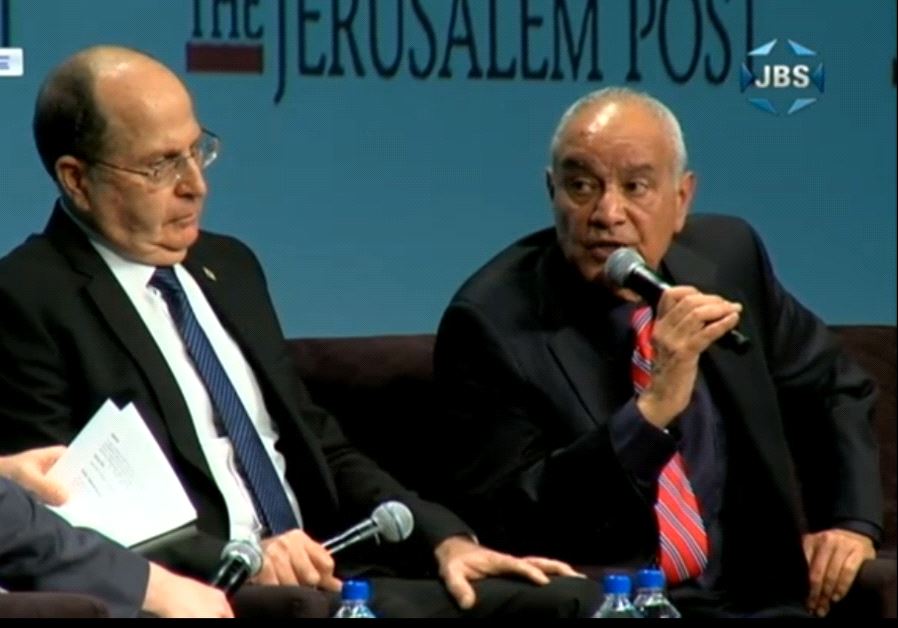Former IDF Chief: For the time being Assad is the right solution for us
Retired Chief of General Staff Dan Halutz wants to let Syria's strongman clear the neighborhood of Jihadists.
 Lt. Gen. (ret.) Dani Haloutz at the 2017 JPost Annual Conference(photo credit: screenshot)Updated:
Lt. Gen. (ret.) Dani Haloutz at the 2017 JPost Annual Conference(photo credit: screenshot)Updated: